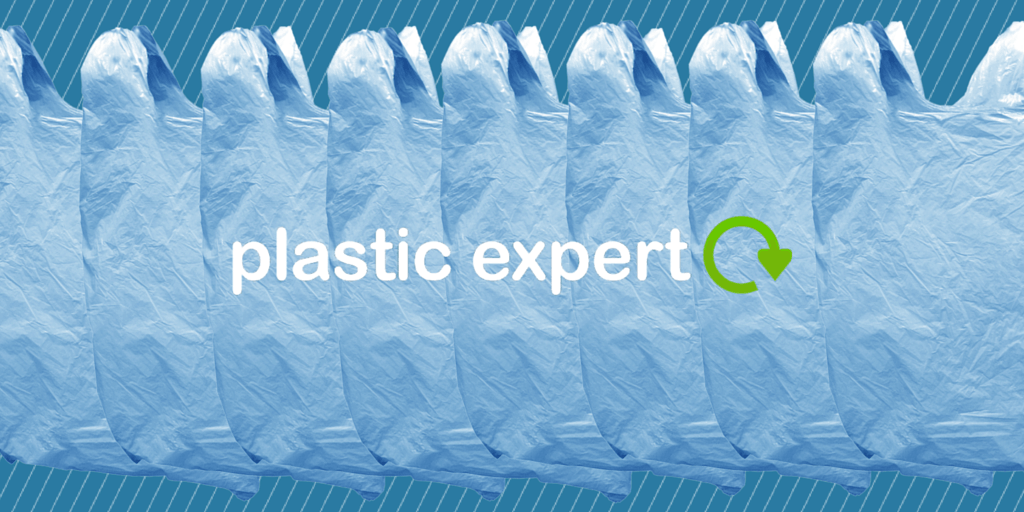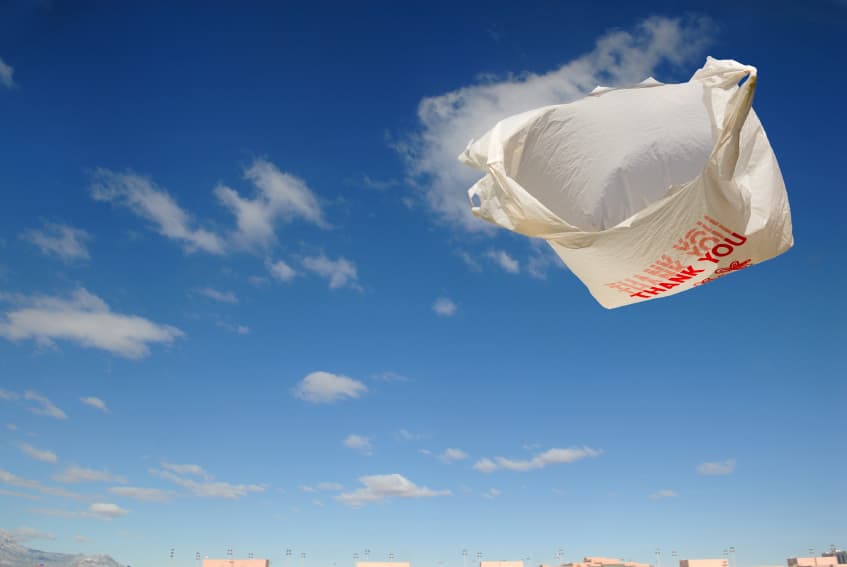After the success of a single use plastic bag charge in Northern Ireland, Wales and Scotland, England is now about to welcome a charge of its own.
Shops will now have to charge a minimum of five pence for every single use plastic bag that they hand out. The aim is to massively reduce our dependence on the plastic bags, which are harmful to the environment and a misuse of natural resources. Shoppers will be encouraged to bring their own bags, especially bags for life, and refuse the taking of the 5p bags.

Britons use billions of plastic bags each year, with each person taking well over 100, and not exactly knowing what to do with them. Many people stuff them in a cupboard, or in a bigger bag, some people put them in the bin, and councils ask that they are not placed in the recycling boxes.
Leading the calls for a single use plastic bag charge were charity ‘Surfers Against Sewage’, whose ‘Breaking the Bag Habit’ campaign proved very encouraging. The damage that plastic bags do to the environment is often unseen, but is awful for land and sea pollution and wildlife. Because plastic takes hundreds, if not thousands of years to degrade, it will stay in the environment as pollution.
The reduction in plastic bags will be phenomenal. Scotland has reported a reduction of over 80% in the first year, with some supermarkets stating as high as 95%! In the final quarter of 2014, WRAP stated that over 130 million bags had avoided usage in Scotland! In 2014, Bag usage in England went up by 240 million compared to 2013. This is shocking, and shows exactly why now is prime time to bring the charge in.
Not all plastic bags will face the charge though; paper bags are exempt, bags containing unwrapped food, like raw meat, and also shops in transit locations like airports or trains.
The plastic bag charge is not a tax, and the proceeds do not go towards the government. The money raised through this initiative will go to the shops, and is expected to be used for environmental and social causes, as has proved very popular in Wales, Northern Ireland and Scotland. Estimations suggest the bag charge could raise around £1.5 billion over the next decade. As well as this, around £60 million will be saved on litter picking costs and the UK carbon footprint will drop noticeably.
What else would you like to know? Tweet us @PlasticExpertUK








